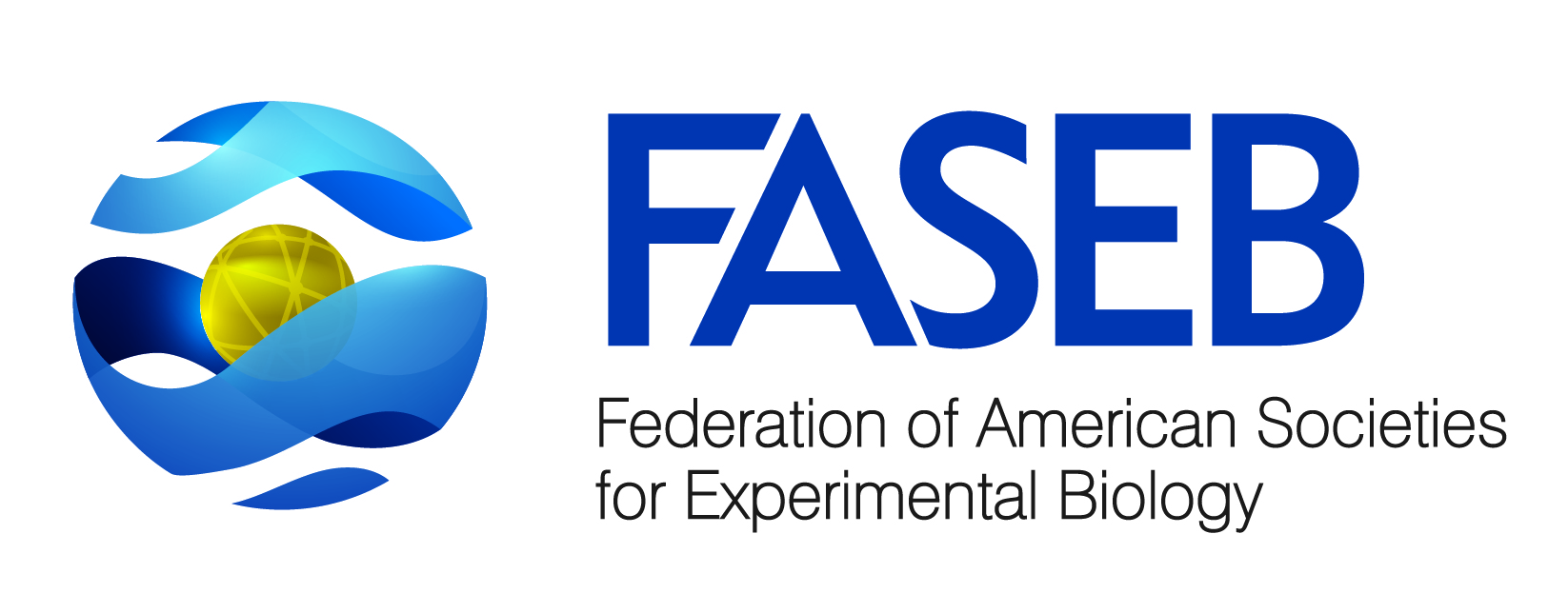Newswise — Boston (March 29, 2015) – In a new study, the extract from rosehips — the fruit of the rose plant — significantly reduced the growth and migration of cells from a type of breast cancer known as triple negative. This particularly aggressive form of cancer does not respond to most available treatments and tends to affect young women as well as those who are African-American or Hispanic.
“Doctors, patients and researchers are looking for alternative treatments for triple negative breast cancer, and people are always looking for ways to prevent cancer,” said Patrick Martin, Ph.D., associate professor at North Carolina Agricultural and Technical State University and leader of the study. “How awesome would it be to be able to say: Here, take a daily vitamin tablet from the rose plant to possibly help prevent or treat cancer? It’s a natural product that we found to be effective, with no known side effects.”
Triple negative breast cancer draws its name from the fact that the cancer cells in these tumors lack the three growth factor receptors that are normally targeted during breast cancer treatment. As a result, most existing treatments are ineffective against it, and triple negative breast cancer patients who do go into remission experience higher recurrence and death rates in the first three years compared with other types of breast cancer.
In the study, the scientists treated tissue cultures of triple negative breast cancer cells with several concentrations of rosehip extract. Exposure to the highest concentration (1.0 mg/ml) decreased triple negative breast cancer cell proliferation by 50 percent. The effect was reduced with decreasing concentrations. The highest concentrations of rosehip extracts (.025 to 1.0 mg/ml) decreased triple negative breast cancer cell migration by 25 to 45 percent. Additional experiments revealed that the extract appears to work by reducing MAPK and Akt, two enzymes that are known to promote cell growth in triple negative breast cancer.
The extract also enhanced the ability of the commonly used breast cancer chemotherapy drug doxorubicin to decrease cell proliferation and migration in the tissue cultures, suggesting rosehip extract might be a beneficial addition to the overall treatment regimen for patients with triple negative breast cancer.
“My hope is that our studies in tissue cultures, along with future studies in animal models, will lead to rosehip being recommended as a preventative measure in breast cancer or as an addition to current cancer treatment,” Martin said.
Patrice Cagle, a doctoral student in Martin’s lab, said she feels a personal connection to the research. “I am a young African-American female so there’s a higher risk for me to potentially get triple negative breast cancer,” she said. “There isn’t a lot of research on triple negative breast cancer and African-Americans, so we’re trying to increase the profile of this particular cancer in the scientific community and in the public eye.” Cagle will present this research at the American Society for Pharmacology and Experimental Therapeutics (ASPET) Annual Meeting during Experimental Biology 2015.
The outlook for African-American women with triple negative breast cancer is particularly poor, an aspect Cagle said should be investigated further. Scientists speculate the disparity might be tied to biologic and genetic differences, prevalence of risk factors, barriers to health care access, health behaviors or the fact that African-American patients tend to be diagnosed with breast cancer at a later stage of the disease.
Rosehips, the round part of the rose flower located just below the petals, are used as a natural source of vitamin C in tea and other foods. For the experiments, the researchers used pure rosehip, which can be purchased as a supplement in pill or liquid form.
The breast cancer research grew out of previous studies in which the investigators used rosehip extract to successfully prevent cancer cell growth in the brain, one of the places to which triple negative breast cancer tends to spread. They would also like to test the extract’s effects on prostate cancer cells.
Patrice Cagle will present the findings during the Experimental Biology 2015 meeting on Sunday, March 29th from 12:30-2:30 p.m. at the Cancer Biology and Prevention poster session in Exhibit Halls A & B, Boston Convention and Exhibition Center. The study was funded by grants from the U.S. Department of Education Title III Strengthening Historically Black Graduate Institutions Program, the National Science Foundation (NSF 13-085) and the National Institutes of Health (P20CA138020, P20MD000546).
Image available.
###About Experimental Biology 2015Experimental Biology is an annual meeting comprised of more than 14,000 scientists and exhibitors from six sponsoring societies and multiple guest societies. With a mission to share the newest scientific concepts and research findings shaping clinical advances, the meeting offers an unparalleled opportunity for exchange among scientists from across the United States and the world who represent dozens of scientific areas, from laboratory to translational to clinical research. www.experimentalbiology.org
About the American Society for Pharmacology and Experimental Therapeutics (ASPET)ASPET is a 5,100 member scientific society whose members conduct basic and clinical pharmacological research within the academic, industrial and government sectors. Our members discover and develop new medicines and therapeutic agents that fight existing and emerging diseases, as well as increase our knowledge regarding how therapeutics affects humans. www.aspet.org ### MEDIA CONTACTAnne Johnson571-271-1986[email protected]
ONSITE NEWSROOMBoston Convention and Exhibition CenterMarch 28 – April 1, 2015Phone: 617-954-3969
